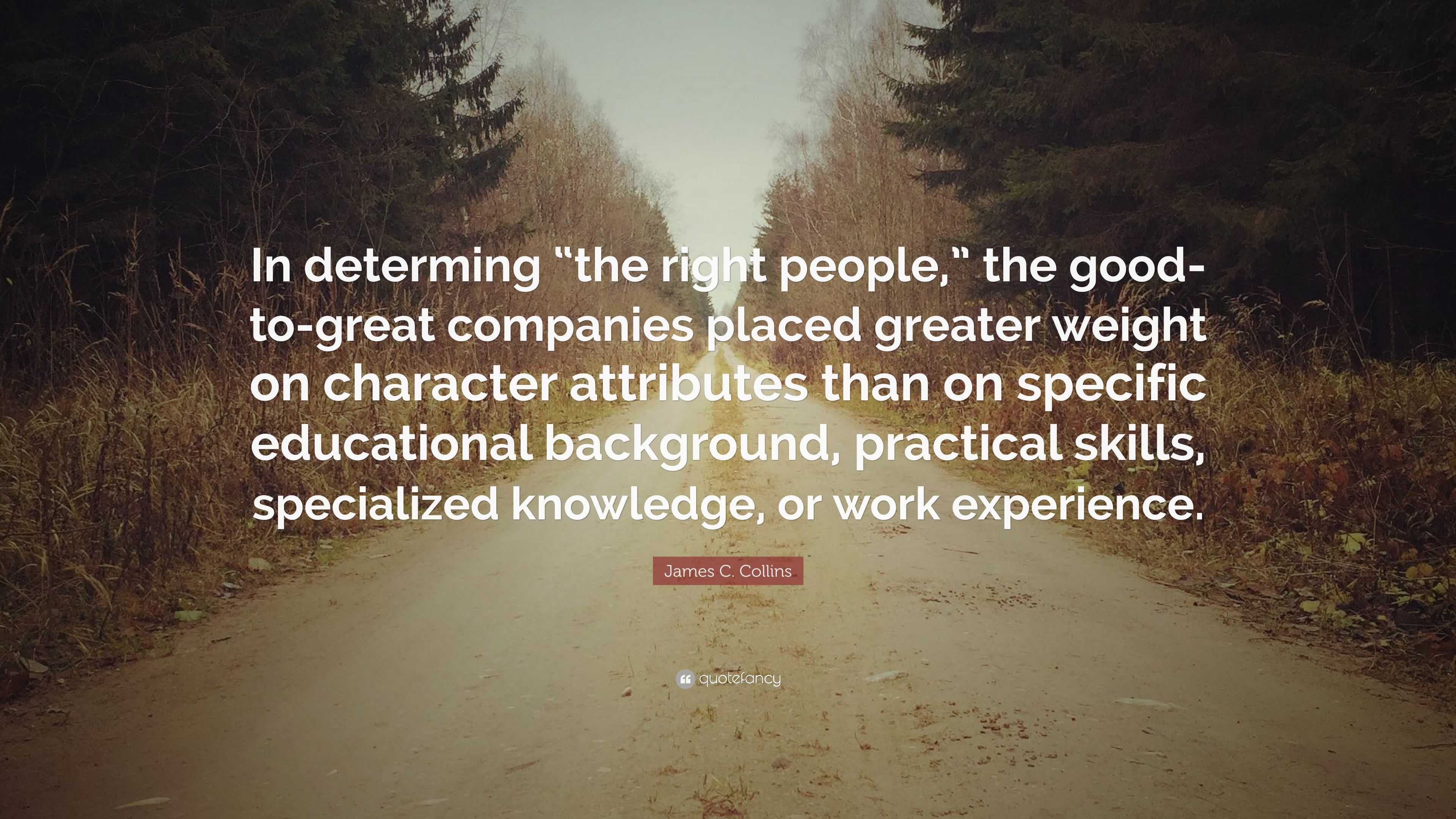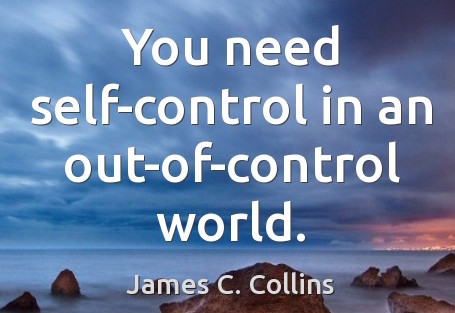

Really, did anyone read this part and think "Oh, man. Relatedly, a lot of the book's themes and platitudes strike me as owing their popularity to the same factors that make the horoscope or certain personality tests like the Myers-Briggs Type Indicator so popular: they're so general and loosely defined that almost anyone can look at that and not only say that wow, that make sense, and I've always felt the same way! This guy and me? We're geniuses! The chapter about "getting the right people on the bus" that extols the virtue of hiring really super people is perhaps the most obvious example. Are there other companies that don't make use of a Culture of Discipline (Chapter 6, natch) but yet are still great according to Collins's definition? Are there great companies that fail to do some of the things he says should make them great? The way that the book focuses strictly on pairs of great/comparison companies smacks of confirmatory information bias, which is a kink in the human mind that drives us to seek out and pay attention to information that confirms our pre-existing suppositions and ignore information that fails to support them. For example, there's no reported search for information that disconfirms his hypotheses. That's not to say that other methods of inquiry are without merit -the Harvard Business Review makes pretty darn good use of case studies, for example- but way too often Collins's great truths seemed like square pegs crammed into round holes, because a round hole is what he wants.

It's not, in short, scientific in any way. It's not systematic, it's not replicable, it's not generalizable, it's not systematic, it's not free of bias, it's not model driven, and it's not collaborative. Collin's brand of research is not my kind. I've got several problems with this book, the biggest of which stem from fundamentally viewpoints on how to do research. The balance of the book is spent expanding on pithy catch phrases that describe the great companies, like "First Who, Then What" or "Be a Hedgehog" or "Grasp the Flywheel, not the Doom Loop." No, no, I'm totally serious. They also present for each great company what they call a "comparison company," which is kind of that company with a goatee and a much less impressive earnings record. Collins and his crack team of researchers say they swam through stacks of business literature in search of info on how to pull this feat off, and came up with a list of great companies that illustrate some concepts central to the puzzle. This book by Jim Collins is one of the most successful books to be found in the "Business" section of your local megabookstore, and given how it purports to tell you how to take a merely good company and make it great, it's not difficult to see why that might be so.


 0 kommentar(er)
0 kommentar(er)
